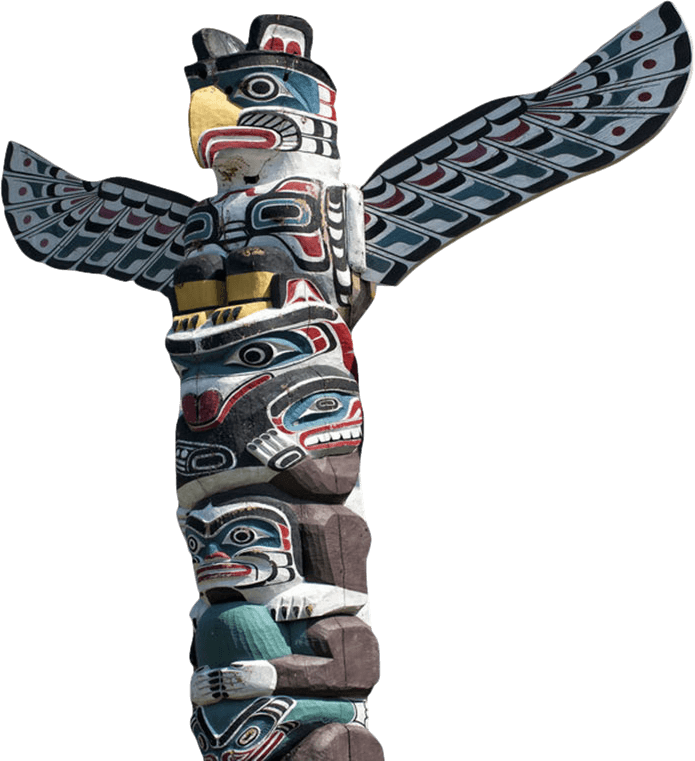Family Preservation Reunification Program
Days and Hours of Service:
- Monday to Friday 9 a.m. to 5 p.m.
- Hours can be flexible to meet parent / caregiver’s need
Program Acceptance Criteria:
- Families being referred to this program MUST have a Ministry of Children and Family Development (MCFD) or Delegated Aboriginal Agency Social Worker.
Program Description
Family Preservation Reunification Program (FPRP) is a 3-stage intensive Indigenous parent support program for families who have been identified as being in need of interventions and who are at high risk of removal or whose children are in MCFD care due to issues impacting the safety and wellbeing of their children. Stage 1 is stabilization; Stage 2 is education curriculum; and Stage 3 is the maintenance stage. Throughout each stage of the program, parent/child interactions will be witnessed and assessed. Services are provided through outreach, 1-1 sessions, and in-home/community support. The Family Preservation Reunification Worker works collaboratively with the parent/caregiver and Social Worker to create a Service Plan which includes developing goals and creating activities to assist in reducing risks and strengthening families.
- Reporting frequency is bi-monthly.
- Service hours per family: approximately 3 to 6 hours per week.
- Services duration is 6 to 18 months.
Philosophy
We believe all Indigenous children have the right to grow up in a safe and healthy environment and to stay connected to their family of origin and community. We practice from a strengths-based perspective, integrating the four pillars of Hulitan’s values: Respect, Integrity, Humility and Connectedness.
Needs Addressed
- Addiction Issues
- Housing
- Parenting skills development
- Violence or Abuse within the relationship
- Mental Health
- Neglect of children
- Abuse of children
- Cultural Planning
- Connection to Culture
- Self-Care and Identity
- Life Skills
- Grief and Loss
- Connecting to community resources
- Trauma
- Communication skills and boundary-setting
Referral sources:
- Referrals can be made by community professionals, social workers, and self-referrals.
Service Modalities and Broad Strategies
- A Service Plan is created in collaboration with the FPRW, parent/caregiver and Social Worker to identify protection concerns and current strengths within the family and to develop clear, measurable goals to address concerns and reduce risk to preserve the family. The parent/caregiver, FPRW and Social Worker sign the Service Plan.
- The parent/caregiver will meet with the FPRW 3-6 hours a week to address Service Plan goals. The amount of time spent with the family will be determined based on need, parenting observation time and level of risk. The hours of service are flexible in order to accommodate the individual needs of each family.
- Service goals can include, but are not limited to; parenting skills, mental health, addiction, healthy communication skills, connecting to community resources and home maintenance.
- Progress Reports are completed every month by the FPRW and reviewed with and provided to the parent/caregiver and the Social Worker.
- Service completion will be determined by the FPRW, Social Worker and parent/caregiver based on completion of goals. A transition plan will be created with the parent/caregiver, FPRW and Social Worker in preparation for file closure.
- Upon closure of the file, the parent/caregiver and Social Worker will be provided with a final closing Progress Report that includes a summary of the case, goals completed and any recommendations to community resources and referrals to appropriate resources.
Program Goals
- More Indigenous children will be able to continue to live within or be returned to their communities and families.
- Increased parenting skills among Indigenous families.
- Increased understanding of the risks/behaviours that impact the safety of children.
- Increased understanding and connection to cultural and community resources.







Follow Us!